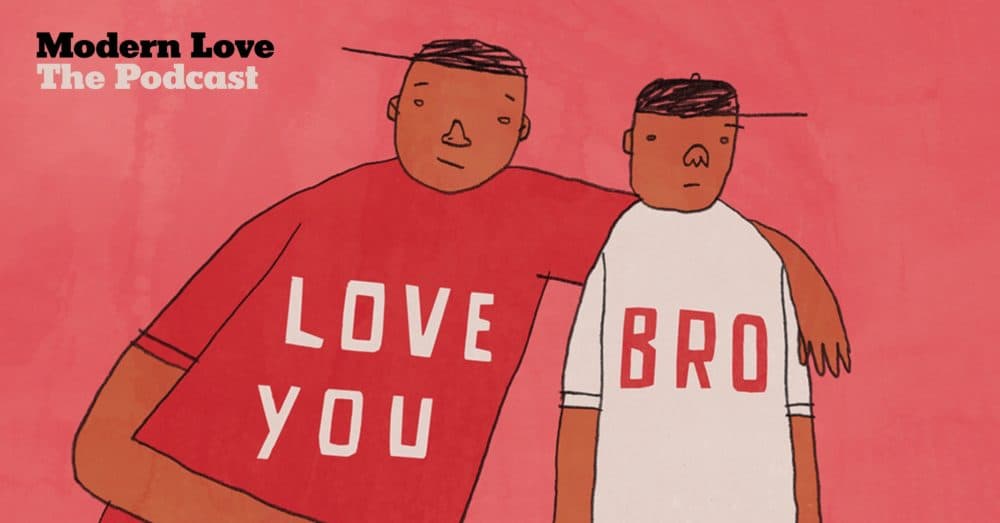Advertisement
Why Can’t Men Say ‘I Love You’ to Each Other? | With Ncuti Gatwa
Resume
Do you tell your friends you love them? And do you say it like that, using those three words? Is it easy for you to say? Is it fraught?
Ricardo Jaramillo takes those questions on in this week’s essay. It’s read by Ncuti Gatwa. He stars in “Sex Education” on Netflix, and he has just been nominated for a BAFTA for his performance in the show.
Where Are They Now?
Ricardo Jaramillo was a finalist in the 2019 Modern Love college essay contest. We talked to him in May. And he told us that after his essay was published, he got a lot of messages from people telling him they loved him. Some of those messages were from friends. Others were from people he’d had a class with once. As for whether Kichi said it?
"That’s the million dollar question of this article," Ricardo says. "The short answer is no. But I don’t think much actually hinges on him saying that in our relationship. That’s how I wouldn’t want people to misread the piece. He is someone that has loved me really well, and completely shaped my life, and I hope that’s made clear in the writing. And maybe one day I will just open the door and he will be there with some sort of Love Actually-type posterboard situation."
"If he needed me tomorrow, I would drive to Seattle, even though my license is expired and there’s a pandemic. Whatever he needed, I would do it. And I know that if I called him and he needed me, his license is probably not expired, but he would probably come. I don’t want to make any promises for him. But I imagine he would."
And Ricardo says that language fails men in a lot of ways, not just when it comes to expressing love and affection.
"There’s a poet, Ocean Vuong, who talks beautifully about [the idea that] so much of the language that boys use to talk about victory is connected to violence," he says. "I think cooked into the language that we have are boundaries that only go so far. And there’s a natural collision that occurs between those boundaries and then where our love might ask us to go."
"The two languages in my life are English and Spanish," he continues. "In English we have one word for love. In Spanish there’s two words for love. And I hope that in 200 years we live in a world where there is a lot more language available to us. I hope we have 30 words available to us for love, because I think that would mean as a society that we’ve worked to know it better."
"In a lot of ways, the piece is about affection, and how we can translate or communicate or lay bare in words our affection," he says. "And we are in such a heartbreaking moment, and I think one of the only responses to that is to drop down into the human and participate in affection. I think that’s what can save us."
